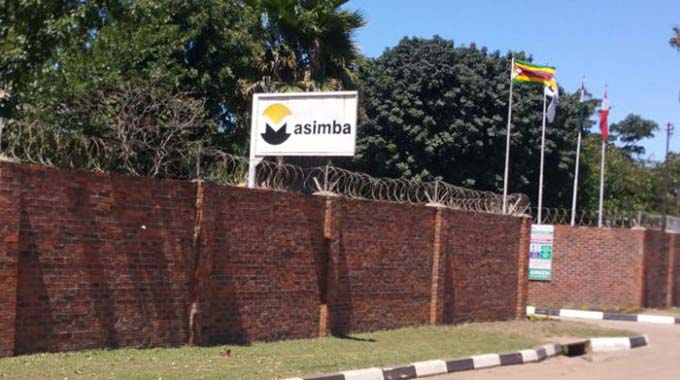Supply chain bottlenecks could hit Masimba order book
CONTRACTING and industrial firm Masimba Holdings Limited said the Russia-Ukraine conflict could impact its US$214 million order book as the war has caused global commodity prices to spike and disrupted supply chains.
Due to Russia’s unprovoked invasion of Ukraine in February, global commodity prices due to supply chain disruptions have spiked as both countries are major global commodity
producers.
Russia, in particular, is a huge exporter of oil, metals and agricultural commodities that has led to price increases of materials used in the industrial sector.
“We, however, take note of the potential impact on our contracting projects of the conflict between Russia and Ukraine on global commodity prices and supply logistics, among others,” Masimba chairman Gregory Sebborn said in the company’s annual 2021 report released yesterday.
“The group has a firm order book, valued at US$214 million (2020: US$72 million) as at the reporting date, with tenures of between six to 18 months. The book is evenly balanced between private and public sectors spread over housing, buildings, roads, mining and water infrastructure.”
In a trading update for the first quarter of the year, dated May 13, 2022 Masimba noted that the continued conflict in Ukraine has affected supply chains and pricing of key construction materials.
These key materials include steel, fuel and bituminous products that MHL uses in its infrastructure projects.
This could potentially hurt Masimba’s business at a time when government’s renewed interest in infrastructure development was the key driver of growth for the firm’s road and earthworks order book last year.
“Subsequent to year end, and at the time of finalising the financial statements, the Russian invasion of Ukraine has had a significant impact on commodity prices, including oil, gas, other commodities (ammonia nitrate, copper, steel etc) and gold prices,” Masimba said in its 2021 annual report.
“The oil price is a driver for a number of input costs for the group including diesel and transport costs. Management considered the impact of the high inflationary environment on the business planning process used to determine the 2022 operational plan and guidance.”
The firm added: “However, further significant increases in oil, gas and other commodity prices could have an adverse effect on the group’s business operating results (including increased all-in costs) and financial condition”.
In its trading update of the first quarter, Masimba reported that its inflation adjusted turnover was ahead of the comparable period by 19%, driven by a strong and firm order book.
In addition, its profitability remained stable as supported by a hedged financial position.
Masimba was also sufficiently liquid with a current ratio of 1:11 compared to a 2021 comparative of 1.07:1, owing to inflationary pressure.
Capital expenditure incurred in the first quarter amounted to $381 925 360 compared to a 2021 comparative of $43 394 947.
Borrowings, at the end of March, were $267 878 918 compared to of $396 896 573 for 2021.-newsday











